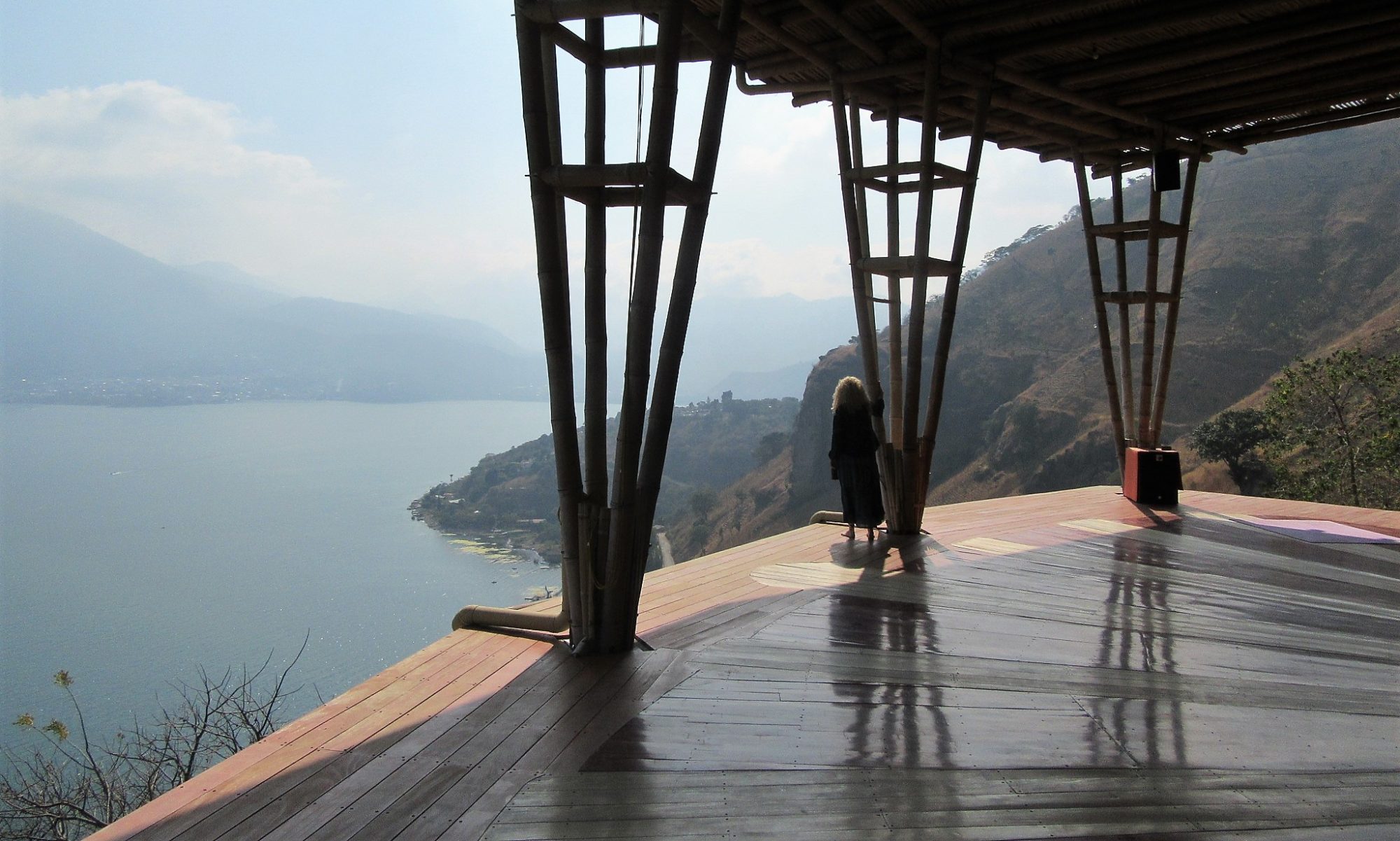By William T. Hathaway
The German establishment is in crisis. Is has ruled for 80 years by charting a middle course between progressive and conservative policies. Labor and business have cooperated to achieve social and economic stability. But that consensus isn’t functioning anymore. The standard of living is declining, crime is increasing, fear and anger infect social discourse. Nothing the mainstream political parties have done has improved the situation.
The fundamental cause for this crisis is the decay of capitalism. This long-term trend is forcing European and North American governments into more intense exploitation: reducing benefits at home and aggressively manipulating the economies and politics of weaker nations. One of the mains tools for this is the North Atlantic Treaty Organization, which overthrows recalcitrant foreign governments and installs obedient ones.
These wars of regime change have generated waves of refugees fleeing the violence in their homeland. Germany has taken in millions of refugees from the NATO-sponsored wars, far more than any other country. This has created an enormous financial and cultural strain in a country that historically has had little immigration. It comes at a time when poverty is increasing and social services are being reduced. The once-generous welfare state is gradually being dismantled. This financial squeeze is worsening now because of expenses for the immigrants. The newcomers receive enough money to live on plus free healthcare, education and access to special programs. Some cheat on this, registering in several places under different names and getting multiple benefits. Many Germans resent paying for all this with high taxes while their own standard of living is declining.
The trauma of war and displacement has caused a few refugees to lose their moral compass. They do things here they wouldn’t do at home.
Two-thirds of the immigrants are young men, some of them convinced Allah has ordained males to dominate females. In their view, women who aren’t submissive need to be punished. Since being male is the only power many of them have, they feel threatened by women in positions of power, and they sometimes react with hostility. Thousands of women have been physically attacked — some murdered and raped and many aggressively grabbed on the breasts as a way of showing dominance. Tens of thousands of women have been abused — insulted, harassed, spat upon.
Many refugees are aware that Germany, as a member of NATO, supports these wars that have forced them to flee their homes. They’re not fooled by the rhetoric of “humanitarian intervention.” They know NATO’s motives are imperialistic: to install governments agreeable to Western control of their resources and markets. Although they are now safe, their relatives and friends are still being killed with weapons made in Germany and oppressed by soldiers and police trained and financed by Germany. Rather than a grateful attitude, some have come with a resentful one.
Crime has increased, especially violent crimes such as knife attacks. Hundreds of people have been killed and wounded by refugees. Organized criminal clans have become established in Germany’s lenient legal atmosphere. A few IS and al-Qaeda members slipped in with the refugees. They have bombed marketplaces, attacked synagogues, murdered Jews on the street, recruited new members in mosques. Although only a fraction of immigrants are criminals, they’re the ones who make the news.
In the past 80 years Germany has become a peaceful country. The current violence is profoundly disturbing to them. It brings back terrible memories.
The mainstream German parties and media are committed to these wars and therefore refuse to substantially reduce immigration. One party in parliament, however, is demanding an end to mass immigration and to the NATO wars that are causing it. As a result, 25% of the population has abandoned the establishment and now support Alternatives for Germany.
The mainstream is panicking and waging a defamation campaign against the new party, saying it is anti-democratic and far-right extremist. It’s true that the AfD has attracted extremist voters, but the establishment uses them to smear the whole party. AfD leadership and most of its voters are libertarian conservatives who want to reduce the role of government and protect the cultural integrity of the country. They’re not narrow-minded bigots. Their chancellor candidate, Alice Weidel, is a lesbian with a woman partner who came originally from Sri Lanka. The party’s platform clearly states their deportation program applies only to criminals and to people who have entered the country illegally, and then only when their home country is no longer at war. These facts are ignored by the established parties and media, who are trying to crush this threat to their power. Since the US media gets their information from the German media, it’s no wonder they present a false view of the AfD, labeling it as fascist.
Fascism is not on the rise in Germany. That’s a perennial scare story. What is rising is public outrage. The form that will eventually take remains to be seen.
#
William T. Hathaway was a Fulbright professor of American studies at universities in Germany and has lived there for 27 years.



